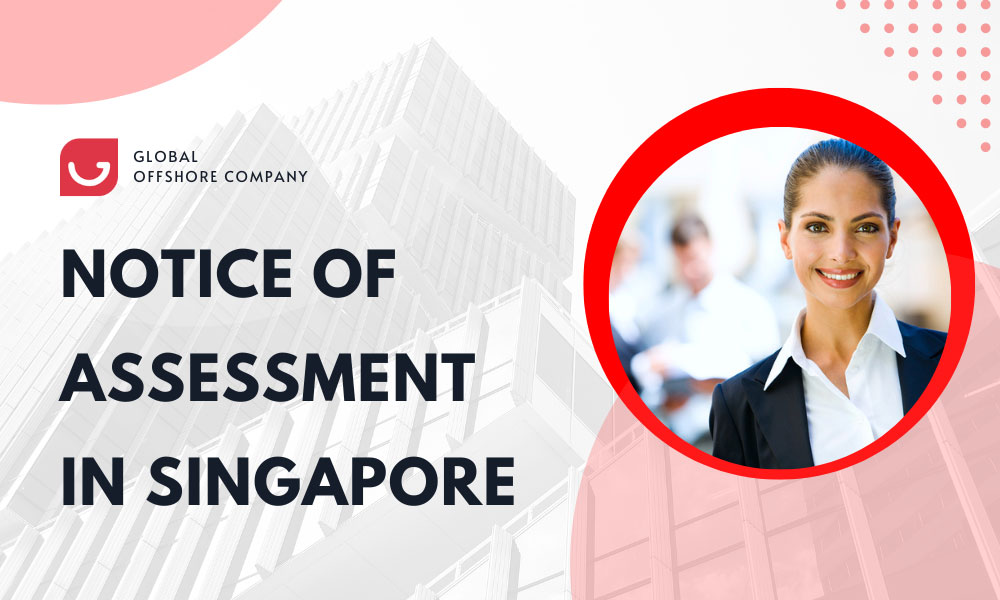Navigating Singapore's Annual Filing: Expert Insights for Seamless Compliance
Navigating the intricacies of annual filing is a crucial aspect of managing a business in Singapore. Each year, companies must adhere to specific compliance requirements that encompass various facets of their financial activities. Understanding and fulfilling these obligations is not only essential for seamless business operations but also for avoiding penalties resulting from oversight.
Introduction to Annual Filing Requirements for Singapore Companies
In Singapore, annual filing is governed by two principal government bodies: the Accounting and Corporate Regulatory Authority (ACRA) and the Inland Revenue Authority of Singapore (IRAS). These entities dictate the statutory regulations that locally incorporated companies must abide by.
- Accounting and Corporate Regulatory Authority (ACRA): serves as the regulatory authority overseeing all business entities in Singapore. Under its purview, companies are mandated to prepare their annual returns and financial statements, which provide a comprehensive overview of the company's financial position.
- Inland Revenue Authority of Singapore (IRAS): is responsible for matters related to taxation. As such, businesses are obligated to file their Estimated Chargeable Income (ECI) and Annual Tax Returns annually.
In this article, we will delve into the specifics of the main annual filing requirements in Singapore:
1. Preparation of financial statements
A critical preliminary step in the annual filing process is the preparation of accurate and comprehensive financial statements. Financial statements offer a snapshot of your company's financial performance and position throughout the year. Depending on your business activities and transaction volume, the frequency of financial statement preparation can vary.
For businesses with high transaction volumes, a monthly routine for bookkeeping is recommended. Regular monthly assessments help maintain accurate records and enable swift identification of any discrepancies or issues.
Conversely, if your business experiences fewer transactions on a monthly basis, opting for less frequent financial statement preparation, such as semi-annual or quarterly, could be more practical and cost-effective.
Components of a Well-Prepared Financial Statement
A robust financial statement encompasses several key components, providing a comprehensive view of your company's financial health. These components include:
1. Statements of Comprehensive Income: Also known as the profit and loss account, this statement outlines your company's revenues, expenses, and resulting net profit or loss.
2. Statement of Financial Position: Commonly referred to as the balance sheet, this statement offers a snapshot of your company's assets, liabilities, and equity at a specific point in time.
3. Cash Flow Statement: This statement illustrates the movement of cash and cash equivalents into and out of your business during a given period, helping to evaluate liquidity and financial performance.
4. Statement of Changes in Equity: This statement tracks changes in shareholders' equity over time, reflecting contributions, distributions, and other equity-related transactions.
2. Audit of Your Financial Statement
In accordance with the Singapore Financial Reporting Standards (SFRS), businesses are required to file audited financial statements. Auditing ensures the accuracy and credibility of your financial reporting, providing stakeholders with confidence in your company's financial standing.
However, the "small company" exemption provides relief from mandatory auditing for companies that meet two out of three criteria:
- Total revenue for the previous fiscal year is below S$10 million.
- Total assets at the end of the financial year do not exceed S$10 million.
- Total employees on the payroll are fewer than 50.
3. Annual General Meeting (AGMs)
All companies in Singapore are required to hold Annual General Meeting (AGM) in which your company to present its financial statements (accounts) to shareholders (members).
- As a Private Limited Company, you must hold an AGM within six months after your company’s financial year (18 months of its incorporation).
- A private company are allowed to not hold AGMs if all of members pass a resolution to dispense with the holding of annual general meetings.
- Companies that do not hold the required AGMs, ACRA can impose composition fines as well
4. Fulfilling the annual return with ACRA
The Annual Return filing requirement is imposed by the Accounting and Corporate Regulatory Authority (ACRA). By filing the annual return, companies ensure that their registered information remains current and accurate in ACRA's system. Before the appointed signatory, which can be a director or company secretary, validates the annual return, the following particulars must be considered:
- Company name and registration number
- Principal activities
- Registered office address
- Company officers' details (directors, secretary)
- Shareholders' details and share capital
- Financial statements
As per section 197(1)(b) of the Companies Act, Cap 50, this task must be completed within 30 days after the Annual General Meeting, where the financial statements are formally presented.
5. Filing annual tax return with IRAS
The Estimated Chargeable Income (ECI) represents your company's estimated taxable income for a given Year of Assessment. IRAS mandates that companies prepare and submit their ECI annually. The submission deadline is within three months from the end of your fiscal year. IRAS notifies you of this requirement one month before your fiscal year ends.
Exemption from ECI requirement is granted if your company meets the following conditions:
1. Nil estimated chargeable income (ECI) for the financial year end
2. Annual revenue is below S$5 million
Filing Annual Tax Return with IRAS -The Annual Tax Return documents your company's taxable income and related information for a specific Year of Assessment. In Singapore, you are required to complete the Annual Tax Return and submit it to IRAS before November 30. IRAS employs a previous-year approach to taxation, assessing your tax based on the preceding year's taxable income.
Dormant Company Waiver - If your company has been dormant during the assessment year – not operating or generating profits – you can appeal for a waiver of this requirement if you meet qualifying conditions, including submitting tax returns and financial statements, not owning investments, not deriving income from investments, and not intending to reinstate business within the next 2 years.
Consequences of Non-Compliance
Non-compliance with ACRA:-Failure to meet ACRA's obligations in a timely manner may result in a penalty (composition fee) of S$300 for each violation. This includes missing deadlines for convening Annual General Meetings, submitting annual returns, or filing financial statements.
Non-compliance with IRAS:-Failure to file your annual return by the deadline can prompt IRAS to send an estimated Notice of Assessment, indicating their estimate of your company's income for tax purposes. You must promptly pay the specified amount within a month, even if you disagree with the estimate, to avoid financial penalties.
If you disagree with IRAS's assessment, you can respond with a Notice of Objection within 2 months, providing an account of your delay and your new estimated ECI. Subsequently, taxes on ECI must be paid within 1 month.
Failure to adhere to these obligations can lead to enforcement actions, including substantial composition fees, court summonses, penalties, or even forced strike-offs.
By diligently adhering to these annual filing requirements, Singapore companies can ensure compliance, maintain transparency, and mitigate the risks associated with non-compliance. If you need assistance with your annual filing obligations, our experts are here to provide guidance and support.
Disclaimer: While Global Offshore Company (G.O.C) endeavors to provide timely and accurate information on this website, the content is intended for reference purposes only. The information presented in this article should not be considered a replacement for qualified legal advice. For personalized guidance on your specific circumstances, we encourage you to reach out to G.O.C's experienced consultants.










